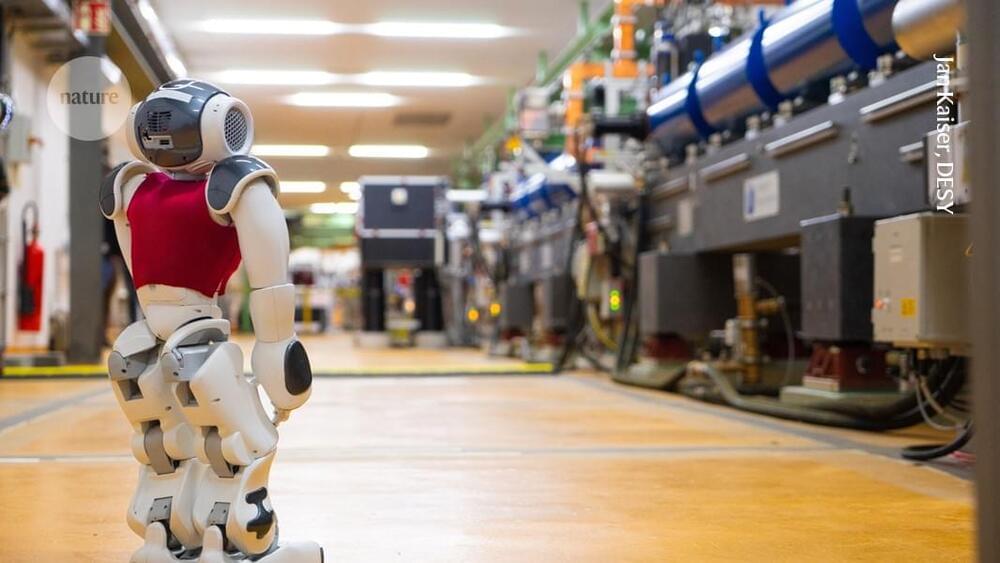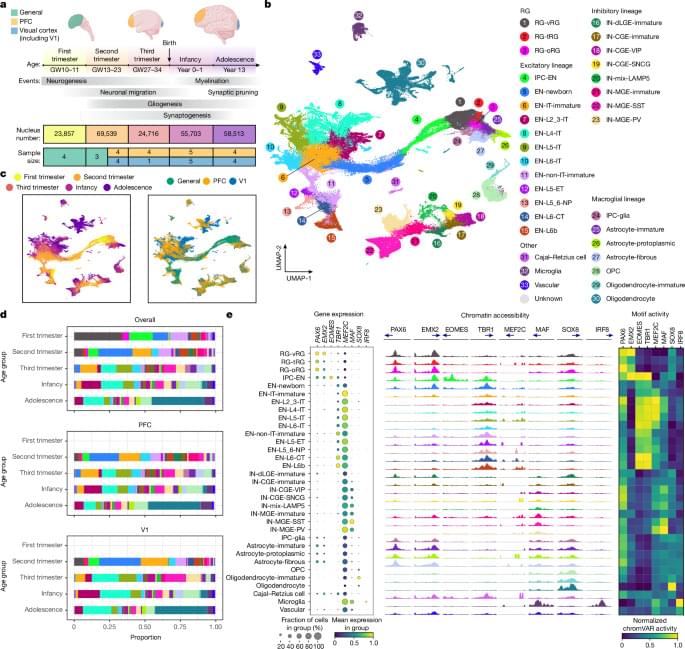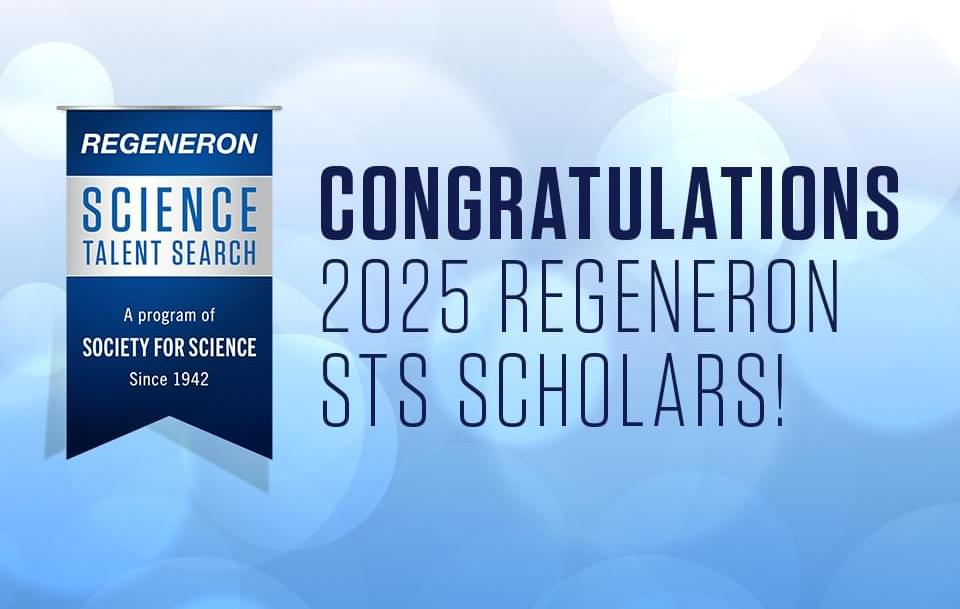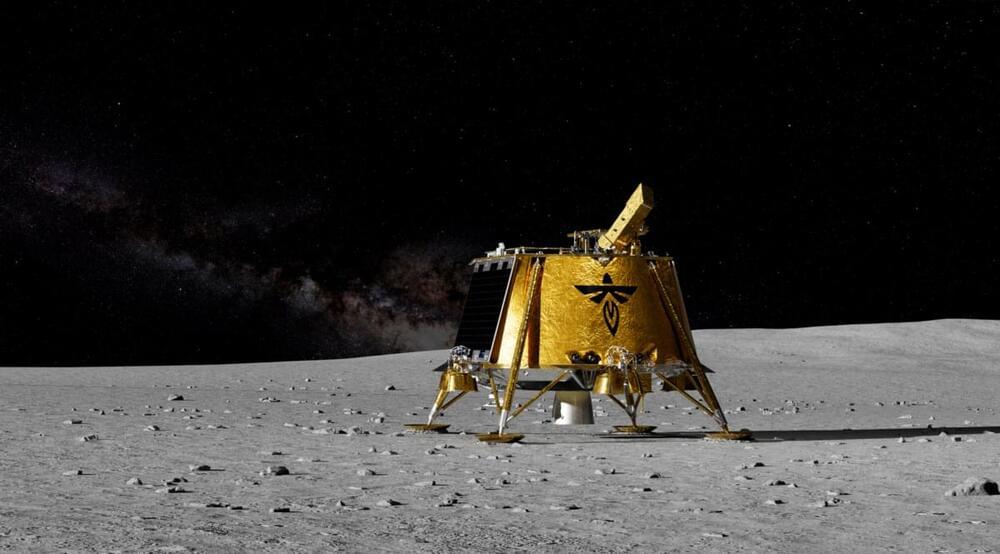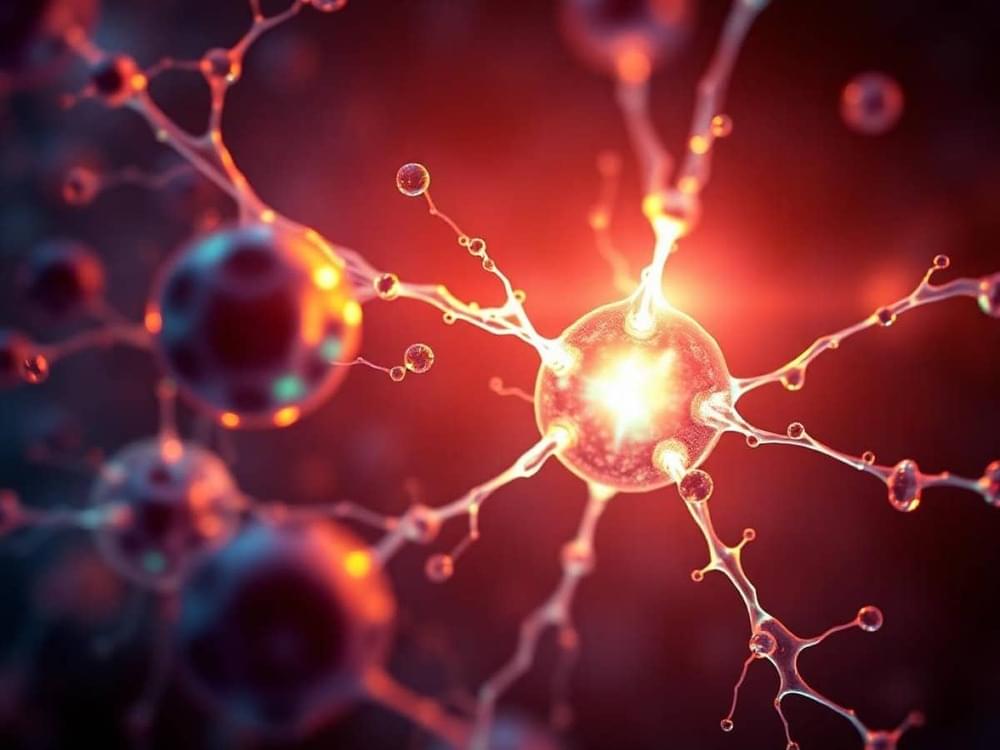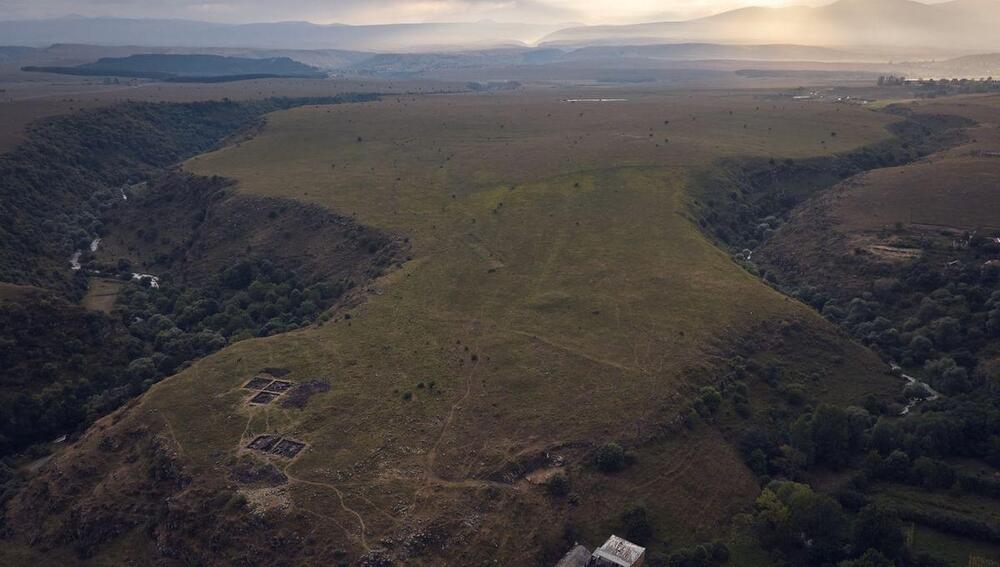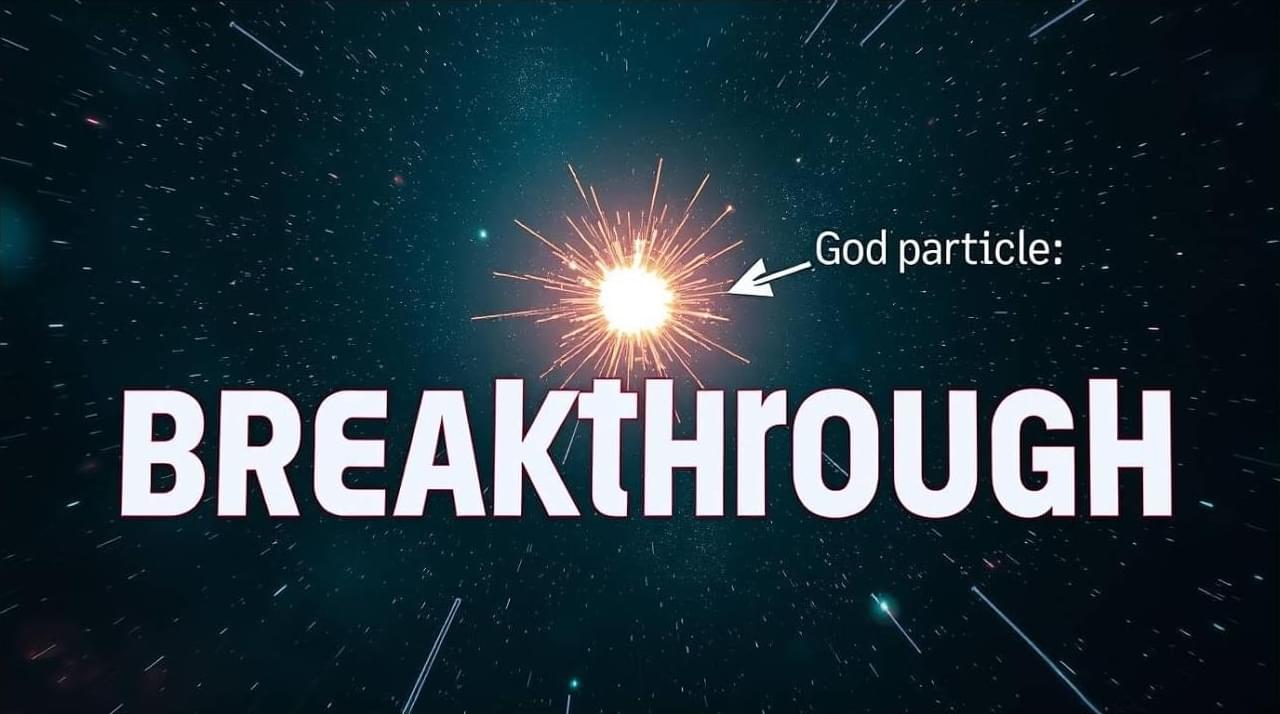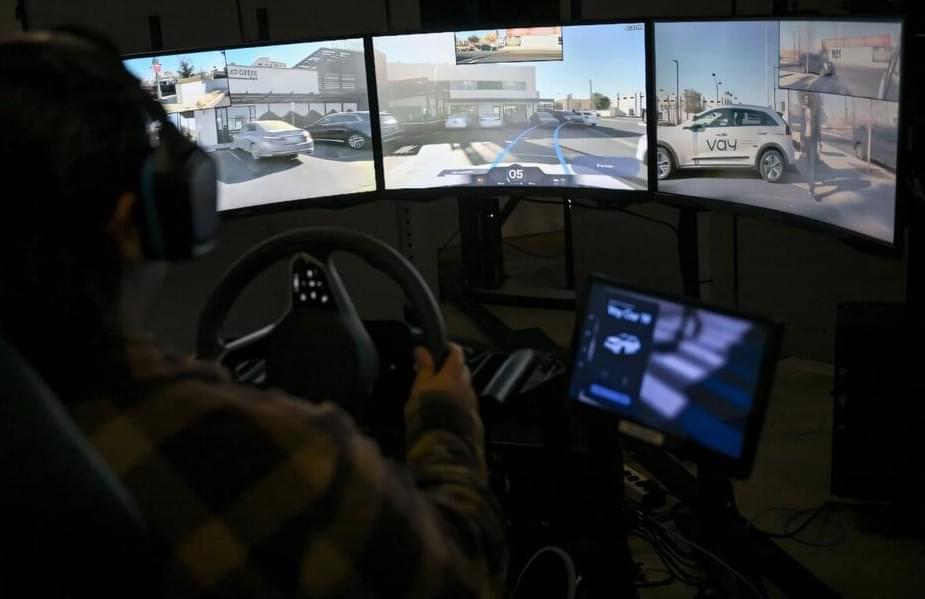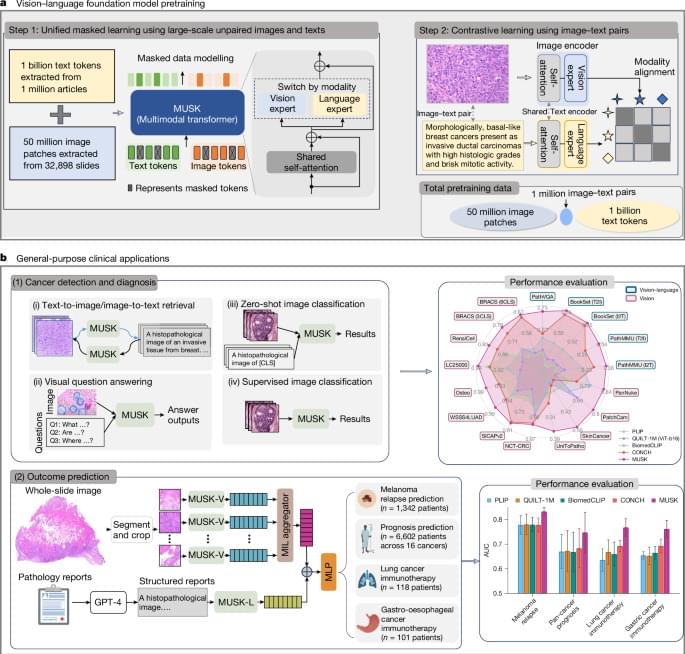Large language models can propose fine-tuning adjustments for an electron accelerator in Germany.
Tripotential intermediate progenitor cells are responsible for the local production of GABAergic neurons, oligodendrocyte precursor cells and astrocytes in the human neocortex.
proudly announces the top 300 scholars in the Regeneron Science Talent Search 2025, the nation’s oldest and most prestigious science and math competition for high school seniors. The Regeneron Science Talent Search provides students a national stage to present original research and celebrates the hard work and novel discoveries of young scientists who are bringing a fresh perspective to significant global challenges. The 300 scholars and their schools will be awarded $2,000 each.
Scholars were chosen based on their outstanding research, leadership skills, community involvement, commitment to academics, creativity in asking scientific questions and exceptional promise as STEM leaders demonstrated through the submission of their original, independent research projects, essays and recommendations. The 300 scholars hail from 200 American and international high schools and homeschools in 33 states, Washington D.C., Hong Kong, Malaysia, and Switzerland.
Near the Moon’s eastern limb lies Mare Crisium — the Sea of Crises — a low basalt plain embayed by rugged mountains. Carved by a colossal impact some 3.9 billion years ago, the 460-mile-wide (740 kilometers) mare appears largely flat and featureless. But lingering whispers of a volcanic past are everywhere, from its ubiquitous darkness to craters flooded and semi-obliterated by ancient basalt lavas — and a curious, solitary landmark near its center: the four-mile wide (6.4 km) Mons Latreille.
Soon, a robotic craft called Blue Ghost will land here, carrying 10 science instruments and technology tests as part of NASA’s Commercial Lunar Payload Services (CLPS) program. Also known as Blue Ghost Mission 1 and nicknamed Ghost Riders in the Sky, the lander is targeting a six-day launch window in mid-January. NASA announced Jan. 7 that the first scheduled launch opportunity is 1:11 a.m. EST on Wednesday, Jan. 15.
A century ago, a scientist named Alexander Gurwitsch introduced a groundbreaking concept: living cells emit a faint ultraviolet light, invisible to the naked eye, which they use to communicate with each other and stimulate internal processes. At the time, his theory was dismissed due to lack of solid evidence. Today, thanks to advances in quantum physics, Gurwitsch’s ideas are resurfacing, providing a fascinating new perspective on cellular biology.
In the 1920s, Gurwitsch, a Russian biologist, conducted experiments that challenged the scientific thinking of his time. He observed a peculiar phenomenon when placing the tip of an onion root close to another root.
In detail, the researcher noticed that more cell divisions occurred on the side of the root that was exposed to the tip. This phenomenon seemed to suggest a form of communication between cells, stimulated by a specific type of light. However, this light was not visible like the everyday light we are used to. It was a very faint ultraviolet light, which could travel through air and certain materials like quartz, but was blocked by others, such as glass.
Visit our website for up-to-the-minute updates:
www.royaltyside.blogspot.com.
Follow us.
Facebook: www.facebook.com/royaltysides.
Twitter: www.x.com/RoyaltySide.
Instagram : www.instagram.com/royaltysideofficial/
#royaltyside #NASA #Astronomy#HiggsBoson #GodParticle #ParticlePhysics #LargeHadronCollider #HiggsField #PhysicsBreakthrough #ScienceNews #StandardModel #MaxPlanckInstitute #LHC #CERN #PhysicsDiscovery #ScienceExplained #HL-LHC #HiggsMechanism #DarkMatter #DarkEnergy #Cosmology #QuantumPhysics #NewPhysics #Wboson #Zboson #Quarks #ScientificBreakthrough #HiggsDecay #CharmQuarks #ParticleInteraction #HiggsResearch #BeyondPhysics #PhysicsRevolution #ScientificDiscovery
A German startup is pioneering remote driving technology, offering a unique alternative to autonomous vehicles. By utilizing human drivers operating from remote locations, the company provides cost-effective rides and vehicle delivery services. This innovative approach is gaining traction, with a growing fleet and thousands of completed rides.
With no one in the driver seat, the SUV pulling up resembles an autonomous robotaxi like those becoming increasingly present in some cities—but the car from German startup Vay is something else.
One of a number of emerging players aiming to disrupt road transportation, the seven-year-old company is built around remote driving, where a human is very much present, though sitting in an office using TV monitors to guide the car.
Over the last year, riders in Las Vegas have been able to test drive Vay, and the company was demonstrating its technology ahead of the Consumer Electronics Show (CES), the world’s most important tech show.
Trained on unlabelled, unpaired image and text data, the Multimodal transformer with Unified maSKed modeling excelled in outcome prediction, image-to-text retrieval and visual question answering, potentially improving cancer diagnosis and therapy precision.
New Project Digits mini PC offers a petaFLOP of power for local AI processing and data science.
